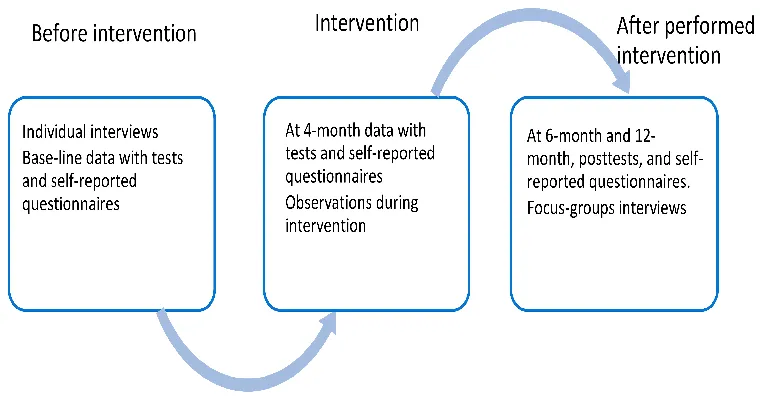Caregiving is a noble yet challenging role that often leads to feelings of "isolation" and "loneliness". Many caregivers find themselves so absorbed in their responsibilities that they neglect their own social needs and emotional well-being. This article explores the profound impact of isolation and loneliness in caregiving, the reasons behind these feelings, and strategies to combat them.
The journey of a caregiver can be incredibly rewarding, but it frequently comes with significant emotional tolls. Caregivers often prioritize the needs of their loved ones over their own, leading to a lack of social interaction and support. This neglect can result in feelings of "isolation", as caregivers may become distanced from friends and family who do not fully understand the demands of their role. Moreover, the stress and exhaustion associated with caregiving can exacerbate feelings of "loneliness", turning what should be a fulfilling experience into a burdensome one.
Several factors contribute to the isolation and loneliness that caregivers experience. First, many caregivers face time constraints, making it difficult to maintain social connections. Whether it’s due to the unpredictable nature of caregiving or the sheer volume of tasks, caregivers often feel they have little time left for themselves. This can lead to a cycle of isolation, where they withdraw from social activities out of necessity, which in turn increases feelings of loneliness.
Additionally, caregivers may feel a lack of understanding or support from those around them. Friends and family members may not grasp the challenges of caregiving, leading to a sense of alienation. This disconnect can make caregivers feel as though they are on their own, further intensifying feelings of "loneliness". Furthermore, the emotional weight of caregiving can lead to mental health issues such as depression and anxiety, which can isolate caregivers even more.
To combat isolation and loneliness, caregivers should consider several strategies. First, it is essential to seek support from local or online caregiver groups. These communities provide a platform for sharing experiences, advice, and emotional support. Connecting with others who understand the challenges of caregiving can significantly alleviate feelings of isolation.
Secondly, caregivers should prioritize self-care. Allocating time for personal interests, hobbies, or simply taking a break can rejuvenate the spirit and help foster a sense of community. Whether it is engaging in physical activity, pursuing creative outlets, or even enjoying a quiet moment with a book, self-care is crucial in maintaining mental health.
Additionally, open communication with friends and family can help bridge the gap of understanding. Sharing the realities of caregiving can foster empathy and encourage loved ones to offer more support. Inviting friends to participate in caregiving activities, even in small ways, can help caregivers feel less isolated.
Lastly, professional help may be beneficial. Therapists or counselors can provide strategies to cope with loneliness and isolation. They can help caregivers navigate their emotions and develop healthier coping mechanisms.
In conclusion, "isolation" and "loneliness" are significant challenges faced by caregivers. Recognizing these feelings and taking proactive steps can lead to a healthier, more balanced caregiving experience. By seeking support, prioritizing self-care, communicating openly, and considering professional help, caregivers can combat the detrimental effects of isolation and loneliness, ultimately enriching their lives and the lives of those they care for.





